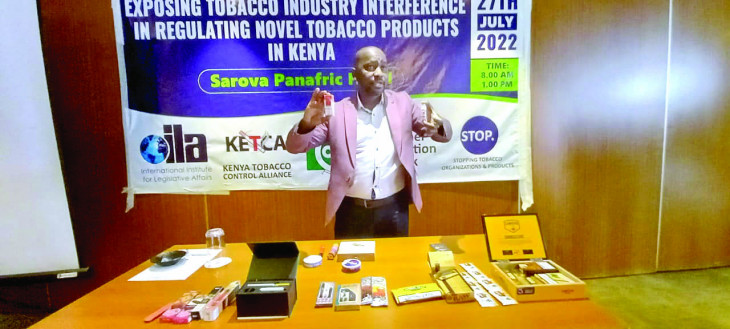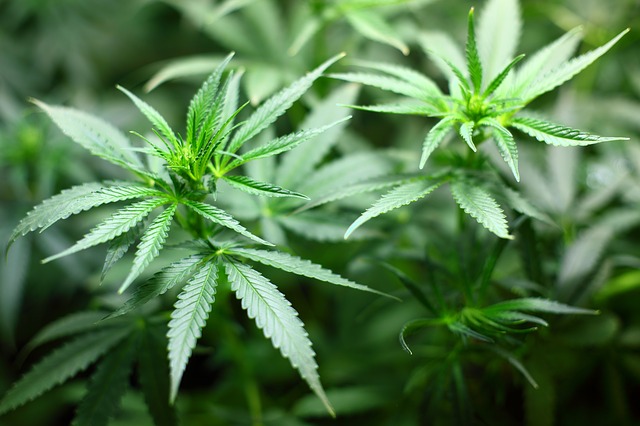Experts: 200,000 minors use tobacco, marijuana

Health experts have warned that about 200, 000 minors aged 15 years and below in Nairobi are actively using tobacco and marijuana-related products.
National Parents Association (NPA) says the number is out of an estimated 900, 000 learners in both public and private secondary and primary schools.
NPA warned that the most abused products are the Novel and Emerging Nicotine and Tobacco Products (NENTPS).
They include for instance, Modern Oral Products, Nicotene pouches and SNUS, Water Pipes and Chewable Tobacco and Electronic Nicotine Delivery Systems such as Vape pens, LYFT, Velo and chewables.
While deliberating a draft assessment report on tobacco industry interference in the regulation of novel tobacco products, the health advocates called on the government to tighten customs laws in a bid to curb importation and even manufacture of NENTPS.
“There is a marked rise in disciplinary cases in schools, and higher in those located in posh estates. All these points to the increased use of tobacco and marijuana related products,”
Jasper Omwega, NPA Nairobi Chapter chairman said.
He added: “The number is quite alarming because after Covid-19, we are talking of between 13 to 17 per cent of our children kids in Nairobi actively engaged and being used to recruit more.”
Omwega was speaking at the weekend during an event hosted by the International Institute of Legislative Affairs.
However, even as the numbers are on the rise, Omwega said the association is trying to build a database to collect the data.
He said there are an estimated 485,000 learners in both public and private secondary schools; and a further 260,000 primary school learners, a number Omwega said could be conventional. “All those, about 15 per cent are in that category,” he said, and expressed hopes that they will identify more and more who are being recruited because the industry’s end of the chain is using enticing methods and other models.
He said they have established that institutions in slum areas and within towns are susceptible.
Delicate point
“We have also come to discover that those in high-end estates are at a delicate point because they are the ones getting a lot of information to be able to access the drugs and bring them to others because some of the products we are talking about are sold in those areas,” he said.
He called on the Interior Ministry, Kenya Bureau of Standards, customs and public health institutions to also up their game.
“Key thing is information at the parent and teacher level, because some teachers are not even able to identify these products when they get the children with them,” he said.
Global Adult Tobacco Survey (GATS) of 2014 shows that tobacco use prevalence among Kenyan population is 11.6 per cent.
This means 2.5 million adults are currently using tobacco products; while 9.5 million adults are exposed to second-hand tobacco smoke.
GATS Fact Sheet for Kenya shows that an estimated 9.9 per cent of students, (12.8 boys) and 6.7 per cent of girls are currently using any tobacco products.
Most of these products categorised into three groups are imports that escape detection at the port of entries, or sometimes not declared, or at times, mis-declared, Nairobi Metropolitan Services Tobacco Control Unit Head, Antony Muthemba said.
“We require parents and teachers to be vigilant about these products as we in the NMS continue with health education.










